“Serbia has nothing to lose in ICJ case”
International legal expert Tibor Varadi says that Serbia has nothing to lose by taking the issue of the legality of Kosovo’s independence to the ICJ.
Wednesday, 15.04.2009.
10:09

International legal expert Tibor Varadi says that Serbia has nothing to lose by taking the issue of the legality of Kosovo’s independence to the ICJ. This is because, he says, Kosovo has effectively been out of Serbian control since 1999. “Serbia has nothing to lose in ICJ case” Varadi, who will head the legal team representing Serbia before the International Court of Justice (ICJ), told daily Politika that it was not outwith the realms of possibility that the ICJ could give an opinion on Kosovo’s unilateral independence declaration that could be interpreted in several different ways, allowing both sides to claim victory. He said that this, however, would be a missed opportunity to settle the legal issue, which is the court’s main function. “An advisory opinion is not binding, but it carries a lot of political weight. There will certainly be arguments that it is not a legal question and that the court should not be dealing with this issue. But I’d be very unpleasantly surprised if the court was to accept those arguments,” Varadi said. The lawyer added that there was even a possibility of the court stating that it did not have jurisdiction, notwithstanding the fact that the UN General Assembly had sought its opinion. “I believe that there will be an initiative in that direction, primarily from Pristina, and some other countries that recognize Kosovo independence. However, this is a par excellence legal question, which is how it was qualified by the UN Security Council,” he said. “Our side’s arguments, which I have been able to see, are very well put together and have significant weight,” he said. Asked what would happen if the ICJ ruled that Kosovo’s independence was declared in accordance with international law, Varadi said that he did not see any great risk. “If the court is of that opinion, Kosovo would not be taken from us again—in effect, it has not been under Serbian rule since 1999. The actual situation would not change, but it would be stronger than it is now. Varadi said that if the court ruled that the independence declaration had violated international law, it could lead to new negotiations. He said that negotiations were a way for everyone to save face, especially those countries that had recognized Kosovo’s independence. The International Court of Justice (FoNet, archive)
“Serbia has nothing to lose in ICJ case”
Varadi, who will head the legal team representing Serbia before the International Court of Justice (ICJ), told daily Politika that it was not outwith the realms of possibility that the ICJ could give an opinion on Kosovo’s unilateral independence declaration that could be interpreted in several different ways, allowing both sides to claim victory.He said that this, however, would be a missed opportunity to settle the legal issue, which is the court’s main function.
“An advisory opinion is not binding, but it carries a lot of political weight. There will certainly be arguments that it is not a legal question and that the court should not be dealing with this issue. But I’d be very unpleasantly surprised if the court was to accept those arguments,” Varadi said.
The lawyer added that there was even a possibility of the court stating that it did not have jurisdiction, notwithstanding the fact that the UN General Assembly had sought its opinion.
“I believe that there will be an initiative in that direction, primarily from Priština, and some other countries that recognize Kosovo independence. However, this is a par excellence legal question, which is how it was qualified by the UN Security Council,” he said.
“Our side’s arguments, which I have been able to see, are very well put together and have significant weight,” he said.
Asked what would happen if the ICJ ruled that Kosovo’s independence was declared in accordance with international law, Varadi said that he did not see any great risk.
“If the court is of that opinion, Kosovo would not be taken from us again—in effect, it has not been under Serbian rule since 1999.
The actual situation would not change, but it would be stronger than it is now.
Varadi said that if the court ruled that the independence declaration had violated international law, it could lead to new negotiations.
He said that negotiations were a way for everyone to save face, especially those countries that had recognized Kosovo’s independence.













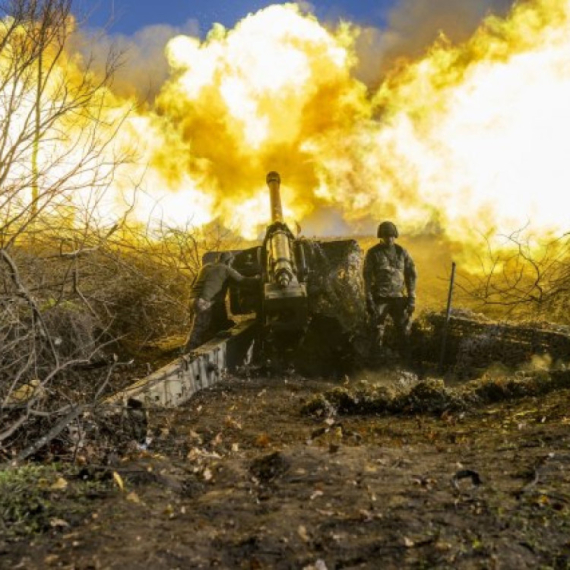
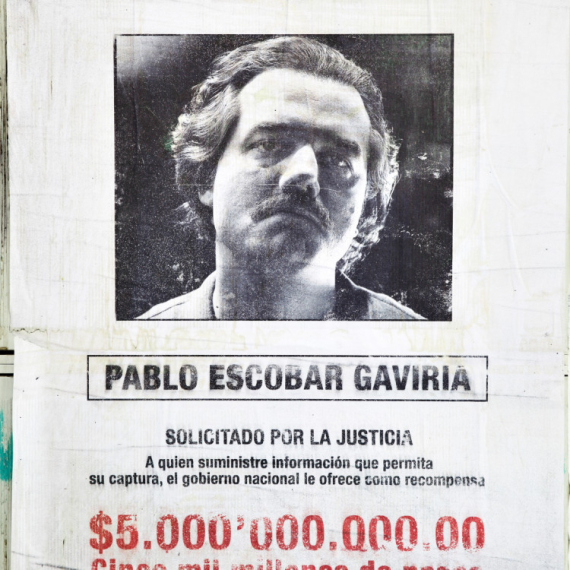
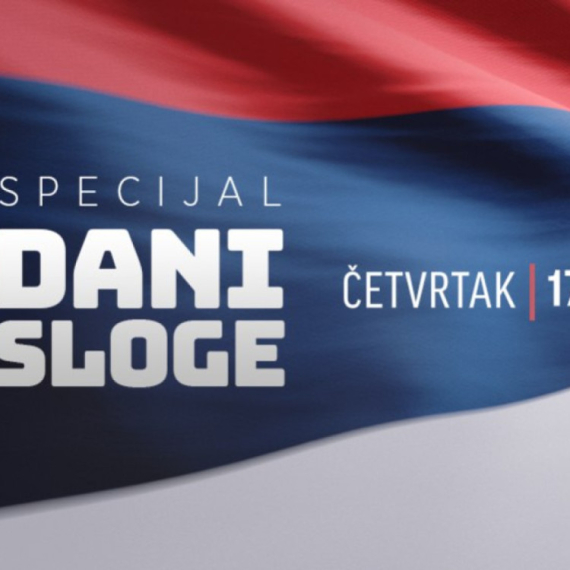
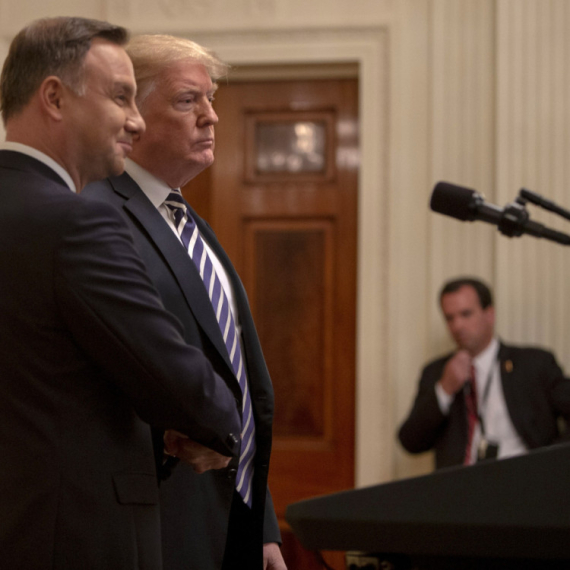

















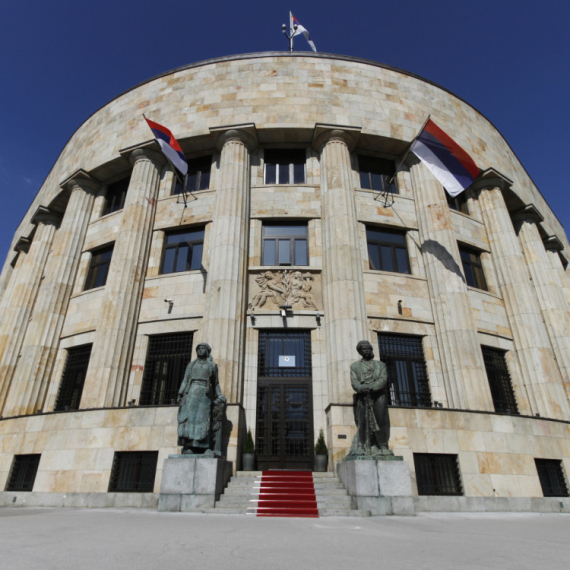













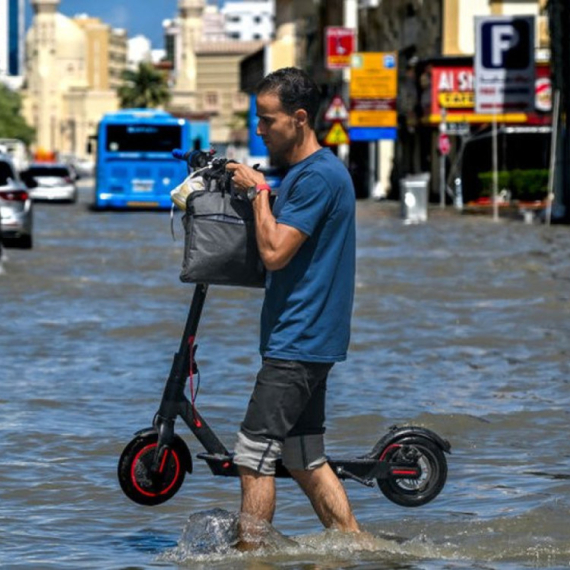



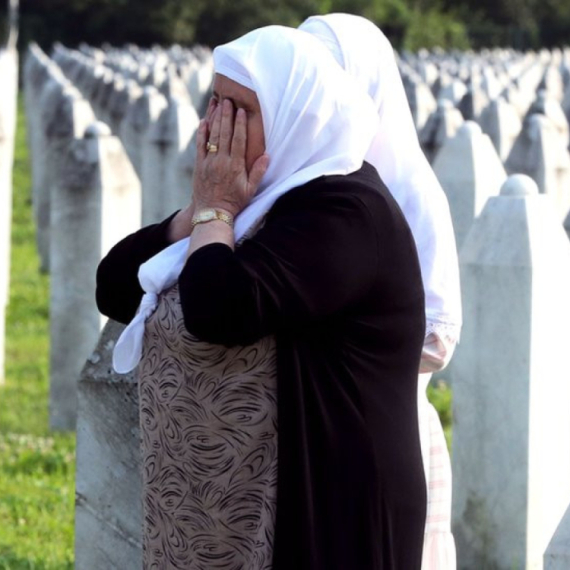

Komentari 30
Pogledaj komentare